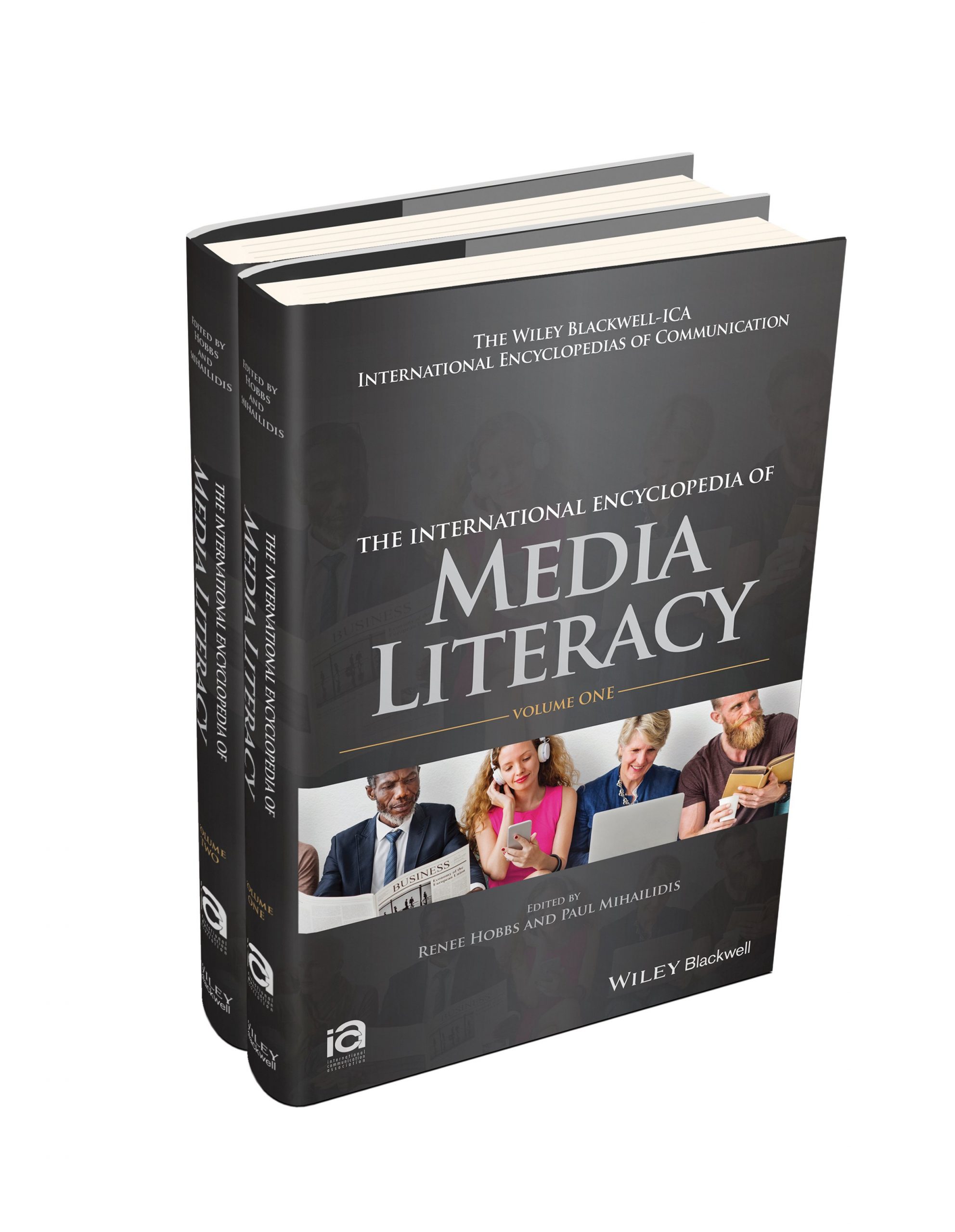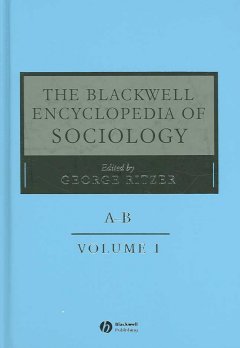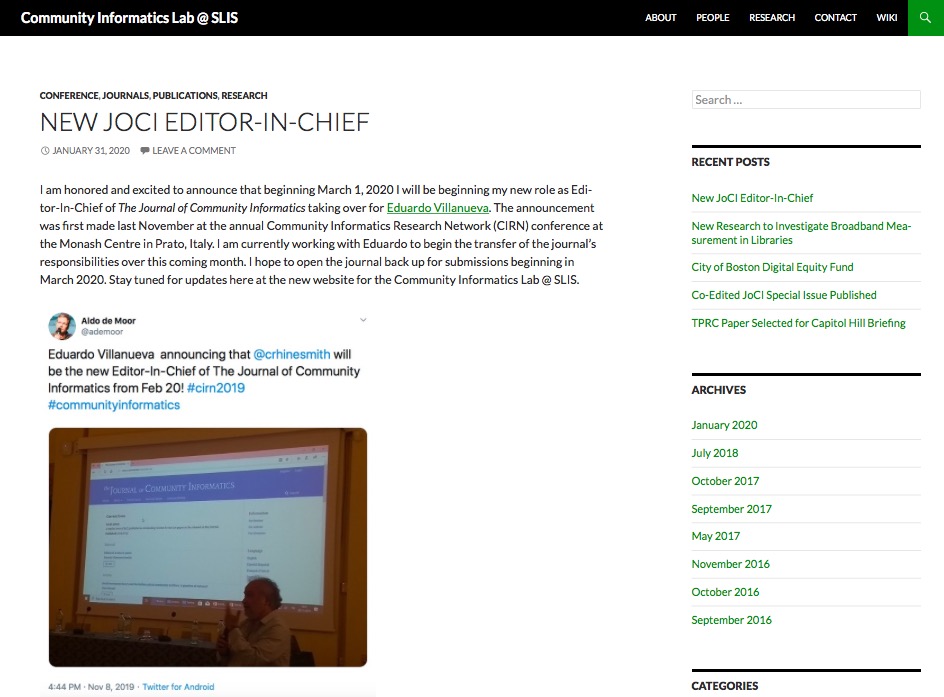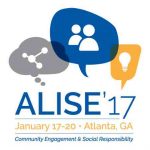 Since transitioning from being a community media and technology practitioner in the late 2000s to a community informatics scholar during the past decade, I have sought to both highlight and contribute to the existing community media and informatics scholarship during this time. As part of this work, I am excited to announce that I have new contributions on both topics in two encyclopedias. The first contribution on Community Media was published earlier this year in the The International Encyclopedia of Media Literacy edited by Renee Hobbs and Paul Mihailidis.
Since transitioning from being a community media and technology practitioner in the late 2000s to a community informatics scholar during the past decade, I have sought to both highlight and contribute to the existing community media and informatics scholarship during this time. As part of this work, I am excited to announce that I have new contributions on both topics in two encyclopedias. The first contribution on Community Media was published earlier this year in the The International Encyclopedia of Media Literacy edited by Renee Hobbs and Paul Mihailidis.
Here is the abstract:
“Media literacy scholars have identified five essential competencies that support digital and media literacy: these are the abilities to access, analyze, create, reflect, and act (Hobbs, 2011). While these core competencies are often advanced through community media practice, few studies have made explicit connections between media literacy education and the community media sector. Presented here is an overview of the ways in which community media support these essential competencies; attention will be paid to community media’s role in promoting access, participation, diversity, and empowerment as key drivers of media literacy education. This entry highlights youth media as a form of media literacy education within the community media sector. It includes a discussion of the social, cultural, and political contexts that are critical to understanding how community media support fundamental media literacy goals.”
 The second contribution on Community Informatics was just published in the 2nd edition of The Blackwell Encyclopedia of Sociology edited by George Ritzer and Chris Rojek. This short entry provides a concise overview of the field including its origins and more recent developments, including across both physical and virtual spaces where community informatics researchers and practitioners have convened over the past 20 years. I am honored to have been invited to contribute on both topics as they have been core to my own research and practice for many years.
The second contribution on Community Informatics was just published in the 2nd edition of The Blackwell Encyclopedia of Sociology edited by George Ritzer and Chris Rojek. This short entry provides a concise overview of the field including its origins and more recent developments, including across both physical and virtual spaces where community informatics researchers and practitioners have convened over the past 20 years. I am honored to have been invited to contribute on both topics as they have been core to my own research and practice for many years.




